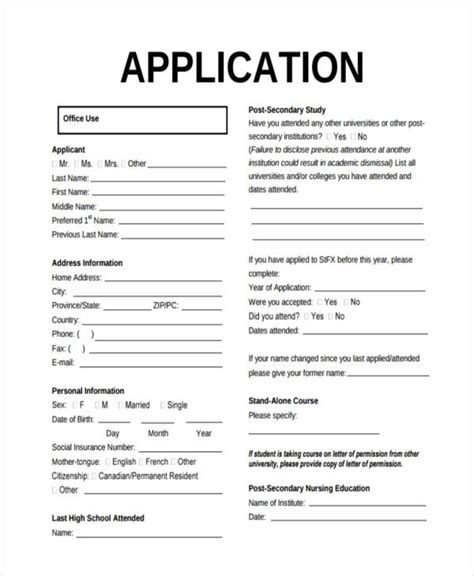The Insider's Guide to Nursing Job Applications
Landing your dream nursing job requires more than just a stellar resume and a few interview tips. This insider's guide delves into the often-unseen aspects of the application process, giving you the edge you need to stand out from the competition. We'll cover everything from crafting a compelling narrative to navigating the nuances of different hospital systems.
What are the most important things to highlight on a nursing resume?
Your resume is your first impression, so it needs to be powerful. Instead of simply listing your duties, showcase your achievements. Quantify your accomplishments whenever possible. For example, instead of "Assisted patients with daily tasks," try "Improved patient satisfaction scores by 15% through proactive communication and personalized care plans." Highlight any specialized skills (e.g., critical care, pediatrics, oncology), certifications (e.g., ACLS, BLS, PALS), and advanced degrees. Tailor your resume to each job application, emphasizing the skills and experiences most relevant to the specific position and facility. Remember to use keywords from the job description to help Applicant Tracking Systems (ATS) identify your application.
How do I write a nursing cover letter that stands out?
Your cover letter isn't just a summary of your resume; it's your chance to connect with the hiring manager on a personal level. Start by researching the hospital and the specific unit you're applying to. Demonstrate your understanding of their mission, values, and challenges. Express your genuine interest in the role and the facility, explaining why this opportunity excites you. Share a brief anecdote showcasing your skills and passion for nursing. Conclude with a strong call to action, reiterating your enthusiasm and expressing your desire to interview.
What kind of questions should I expect in a nursing interview?
Nursing interviews go beyond standard interview questions. Be prepared for scenario-based questions ("How would you handle a patient who refuses medication?") and behavioral questions ("Tell me about a time you made a mistake. How did you handle it?"). Practice the STAR method (Situation, Task, Action, Result) to structure your responses effectively. Also, be ready to discuss your philosophy of nursing care, your strengths and weaknesses, and your long-term career goals. Don't hesitate to ask insightful questions about the unit's culture, patient population, and professional development opportunities.
What are some common mistakes to avoid during the nursing application process?
Several common pitfalls can derail even the strongest application. Failing to thoroughly research the facility is a major one. Submitting a generic resume and cover letter also demonstrates a lack of interest. Neglecting to proofread your application materials for grammar and spelling errors is unprofessional. Arriving late or unprepared for an interview is a surefire way to tank your chances. And finally, failing to follow up after the interview demonstrates a lack of initiative.
How can I negotiate my salary as a new nurse?
Negotiating your salary as a new nurse can feel daunting, but it's crucial. Research the average salary for your specialty and location before the interview. Know your worth and be confident in your skills and qualifications. Present a well-reasoned argument for your desired salary, emphasizing your experience and the value you bring. Be prepared to discuss your needs and priorities, but also be flexible and willing to compromise. Remember, it's a negotiation, not a demand.
How long does the nursing application process typically take?
The length of the nursing application process varies greatly depending on the facility and the specific role. It can range from a few weeks to several months. Be patient and persistent throughout the process. Maintain regular contact with the hiring manager to check on the status of your application. Don't be discouraged if you don't hear back immediately – this is often a lengthy process with many applicants.
What are some tips for following up after a nursing interview?
Following up after an interview is essential. Send a thank-you email within 24 hours reiterating your interest and highlighting key aspects of your conversation. If you haven't heard back within the timeframe discussed, a polite follow-up email is acceptable. Maintain a professional and positive demeanor throughout the entire process, even if you don't get the job.
This insider's guide provides a framework for a successful nursing job application. Remember to be confident, proactive, and authentic throughout the process. Good luck!

